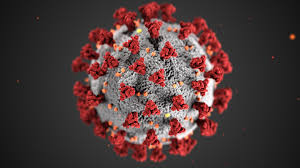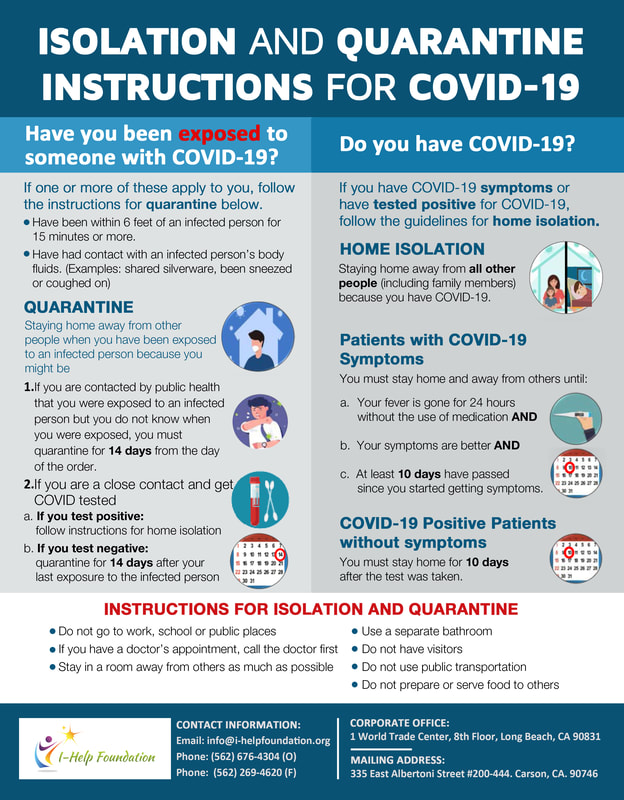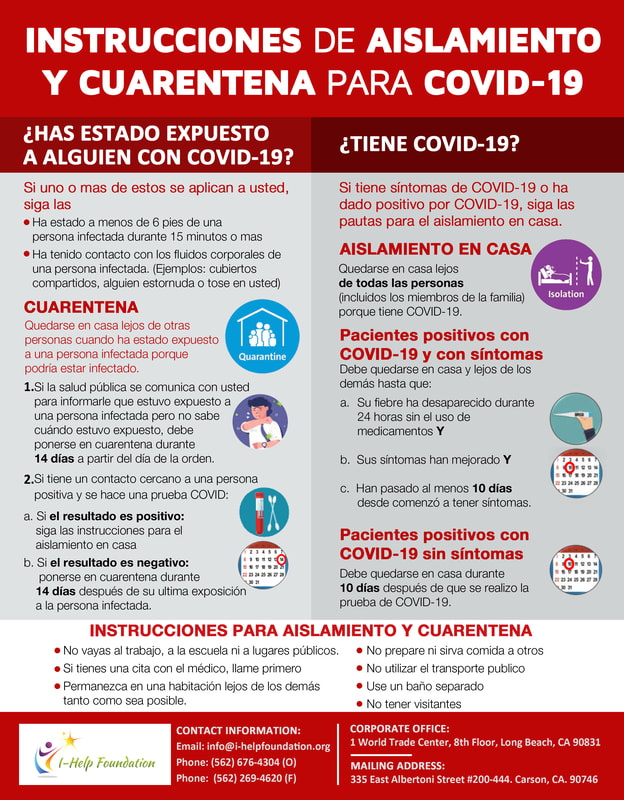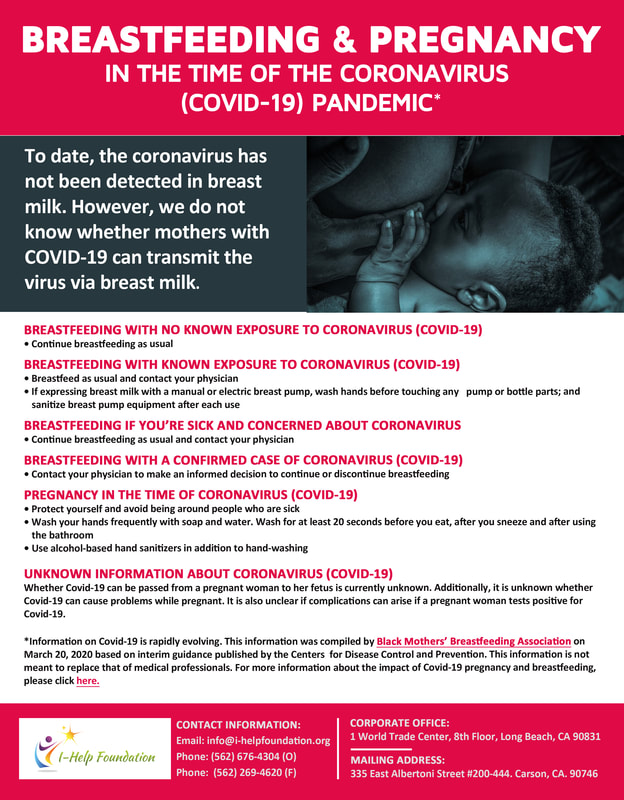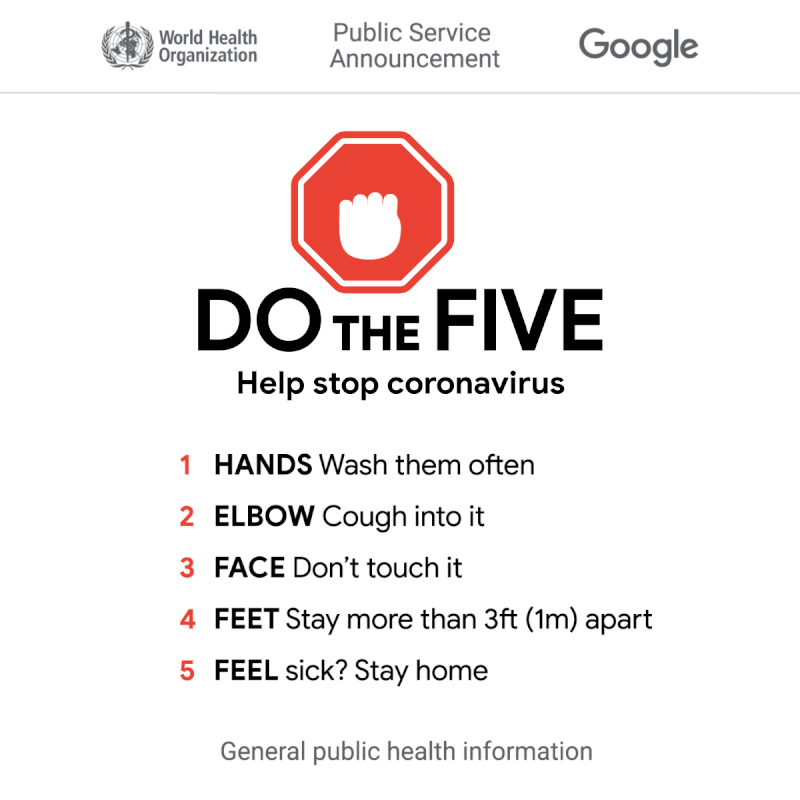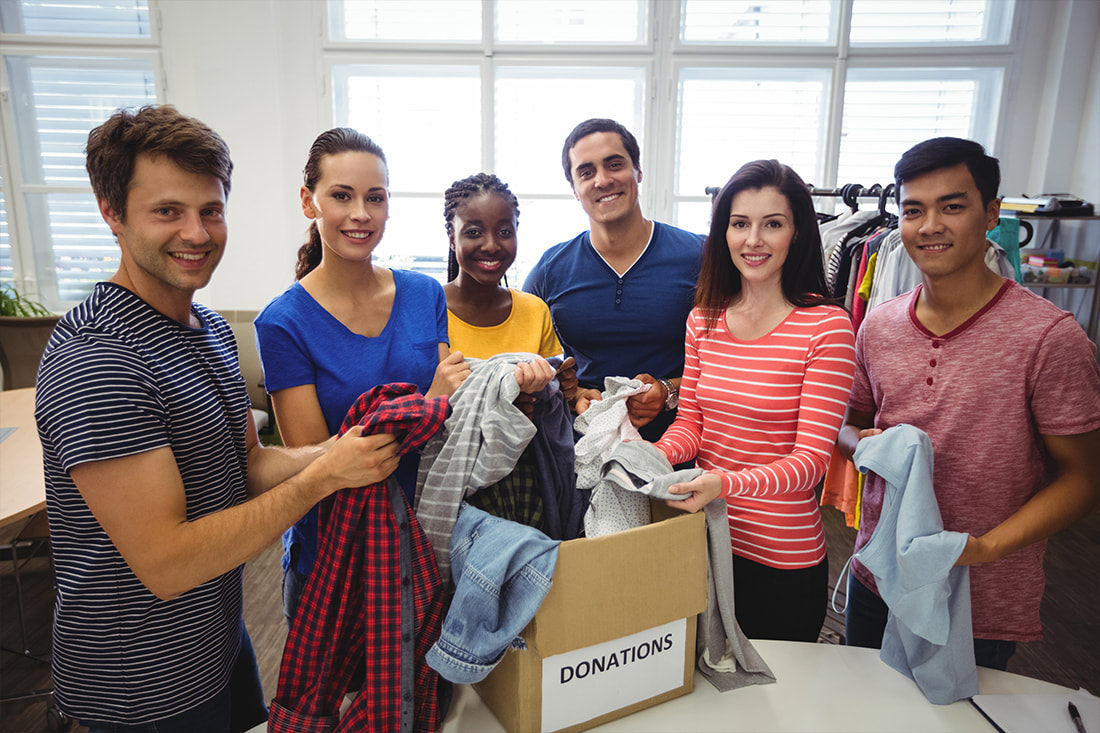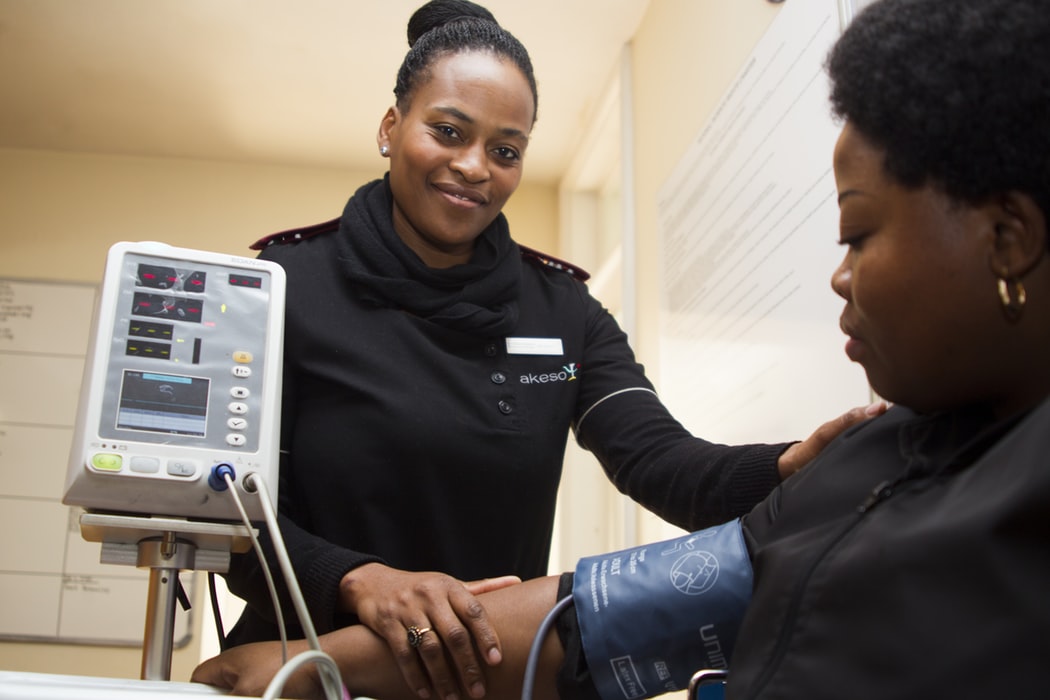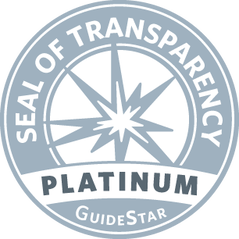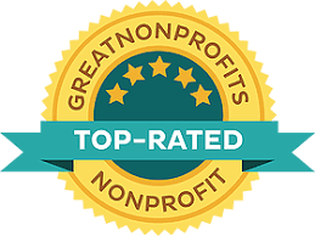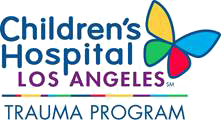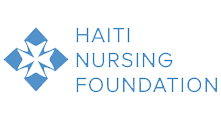UPDATES: COVID-19
What is a coronavirus?
Coronaviruses are a large family of viruses that are known to cause illness ranging from the common cold to more severe diseases such as Middle East Respiratory Syndrome (MERS) and Severe Acute Respiratory Syndrome (SARS).
What is a novel coronavirus?
A novel coronavirus (CoV) is a new strain of coronavirus that has not been previously identified in humans.
Can humans become infected with a novel coronavirus of animal source?
Detailed investigations found that SARS-CoV was transmitted from civet cats to humans in China in 2002 and MERS-CoV from dromedary camels to humans in Saudi Arabia in 2012. Several known coronaviruses are circulating in animals that have not yet infected humans. As surveillance improves around the world, more coronaviruses are likely to be identified.
What are the symptoms of someone infected with a coronavirus?
It depends on the virus, but common signs include respiratory symptoms, fever, cough, shortness of breath, and breathing difficulties. In more severe cases, infection can cause pneumonia, severe acute respiratory syndrome, kidney failure and even death.
Can coronaviruses be transmitted from person to person?
Yes, some coronaviruses can be transmitted from person to person, usually after close contact with an infected patient, for example, in a household workplace, or health care center.
Is there a vaccine for a novel coronavirus?
When a disease is new, there is no vaccine until one is developed. It can take a number of years for a new vaccine to be developed.
Is there a treatment for a novel coronavirus?
There is no specific treatment for disease caused by a novel coronavirus. However, many of the symptoms can be treated and therefore treatment based on the patient’s clinical condition. Moreover, supportive care for infected persons can be highly effective.
What can I do to protect myself?
Standard recommendations to reduce exposure to and transmission of a range of illnesses include maintaining basic hand and respiratory hygiene, and safe food practices and avoiding close contact, when possible, with anyone showing symptoms of respiratory illness such as coughing and sneezing.
Are health workers at risk from a novel coronavirus?
Yes, they can be, as health care workers come into contact with patients more often than the general public WHO recommends that health care workers consistently apply appropriate infection prevention and control measures.
What WHO recommendations for countries?
WHO encourages all countries to enhance their surveillance for severe acute respiratory infections (SARI), to carefully review any unusual patterns of SARI or pneumonia cases and to notify WHO of any suspected or confirmed cases of infection with novel coronavirus.
Countries are encouraged to continue strengthening their preparedness for health emergencies in line with the International Health Regulations (2005).
Source: WHO [9 January 2020]
How to protect yourself from getting infectedWHO’s standard recommendations for the general public to reduce exposure to and transmission of a range of illnesses are as follows, which include hand and respiratory hygiene, and safe food practices:
Resources from the World Health Organization (WHO)Link: https://www.who.int/emergencies/diseases/novel-coronavirus-2019
Coronaviruses are a large family of viruses that are known to cause illness ranging from the common cold to more severe diseases such as Middle East Respiratory Syndrome (MERS) and Severe Acute Respiratory Syndrome (SARS).
What is a novel coronavirus?
A novel coronavirus (CoV) is a new strain of coronavirus that has not been previously identified in humans.
Can humans become infected with a novel coronavirus of animal source?
Detailed investigations found that SARS-CoV was transmitted from civet cats to humans in China in 2002 and MERS-CoV from dromedary camels to humans in Saudi Arabia in 2012. Several known coronaviruses are circulating in animals that have not yet infected humans. As surveillance improves around the world, more coronaviruses are likely to be identified.
What are the symptoms of someone infected with a coronavirus?
It depends on the virus, but common signs include respiratory symptoms, fever, cough, shortness of breath, and breathing difficulties. In more severe cases, infection can cause pneumonia, severe acute respiratory syndrome, kidney failure and even death.
Can coronaviruses be transmitted from person to person?
Yes, some coronaviruses can be transmitted from person to person, usually after close contact with an infected patient, for example, in a household workplace, or health care center.
Is there a vaccine for a novel coronavirus?
When a disease is new, there is no vaccine until one is developed. It can take a number of years for a new vaccine to be developed.
Is there a treatment for a novel coronavirus?
There is no specific treatment for disease caused by a novel coronavirus. However, many of the symptoms can be treated and therefore treatment based on the patient’s clinical condition. Moreover, supportive care for infected persons can be highly effective.
What can I do to protect myself?
Standard recommendations to reduce exposure to and transmission of a range of illnesses include maintaining basic hand and respiratory hygiene, and safe food practices and avoiding close contact, when possible, with anyone showing symptoms of respiratory illness such as coughing and sneezing.
Are health workers at risk from a novel coronavirus?
Yes, they can be, as health care workers come into contact with patients more often than the general public WHO recommends that health care workers consistently apply appropriate infection prevention and control measures.
What WHO recommendations for countries?
WHO encourages all countries to enhance their surveillance for severe acute respiratory infections (SARI), to carefully review any unusual patterns of SARI or pneumonia cases and to notify WHO of any suspected or confirmed cases of infection with novel coronavirus.
Countries are encouraged to continue strengthening their preparedness for health emergencies in line with the International Health Regulations (2005).
Source: WHO [9 January 2020]
How to protect yourself from getting infectedWHO’s standard recommendations for the general public to reduce exposure to and transmission of a range of illnesses are as follows, which include hand and respiratory hygiene, and safe food practices:
- Frequently clean hands by using alcohol-based hand rub or soap and water;
- When coughing and sneezing cover mouth and nose with flexed elbow or tissue – throw tissue away immediately and wash hands;
- Avoid close contact with anyone who has fever and cough;
- If you have fever, cough and difficulty breathing seek medical care early and share previous travel history with your health care provider;
- When visiting live markets in areas currently experiencing cases of novel coronavirus, avoid direct unprotected contact with live animals and surfaces in contact with animals;
- The consumption of raw or undercooked animal products should be avoided. Raw meat, milk or animal organs should be handled with care, to avoid cross-contamination with uncooked foods, as per good food safety practices.
Resources from the World Health Organization (WHO)Link: https://www.who.int/emergencies/diseases/novel-coronavirus-2019
|
|
|
ABOUT US
WHO WE ARE
I-Help consists of a team of both 'futurists' and ‘visionaries’ who believe that communities can be improved by addressing the root causes of
disparities, such as Social Determinants of Health, Structural Inequities, and Education. |
OUR MISSION & VISION
The Mission & Vision of I-Help Foundation is dedicated to creating pathways to prosperity for the under-served communities and improve the health of individuals by taking action on the social determinants of health.
|
WHAT WE DO
I-Help Foundation works within communities to identify and advance solutions that remove barriers and stigmas. We promote health and economic opportunities for all, particularly the economically and socially disenfranchised.
|
CONTACT INFORMATION
Let visitors know how you’d like them to get and stay in touch.
Email
|
Phone
(562) 676-4304 (O)
(562) 269-4620 (F) |
Corporate Office
1 World Trade Center, 8th Floor.
Long Beach, CA 90831 |
Mailing Address:335 East Albertoni Street #200-444
Carson, Ca. 90746 |


